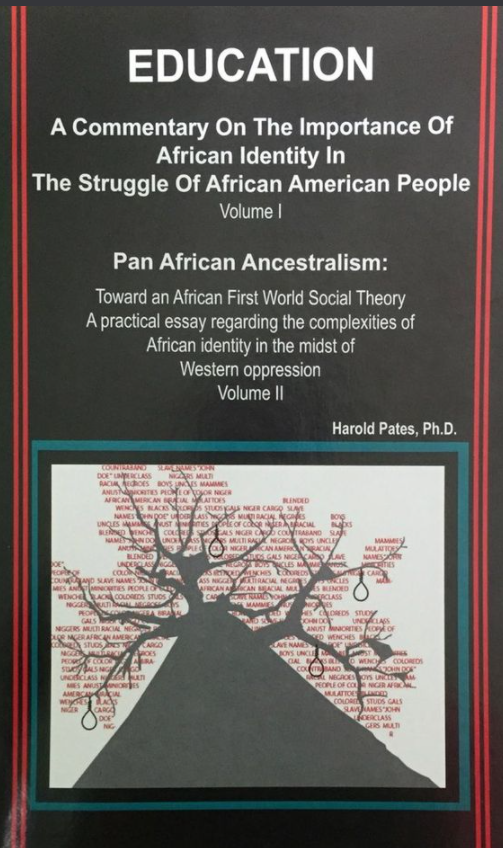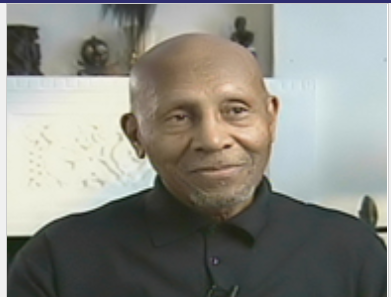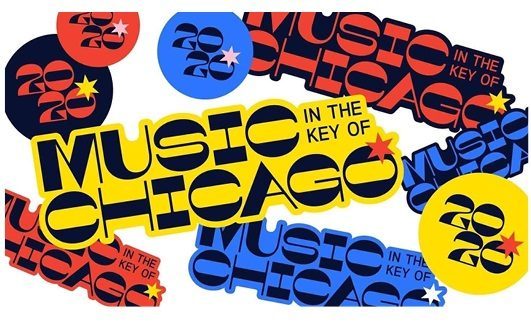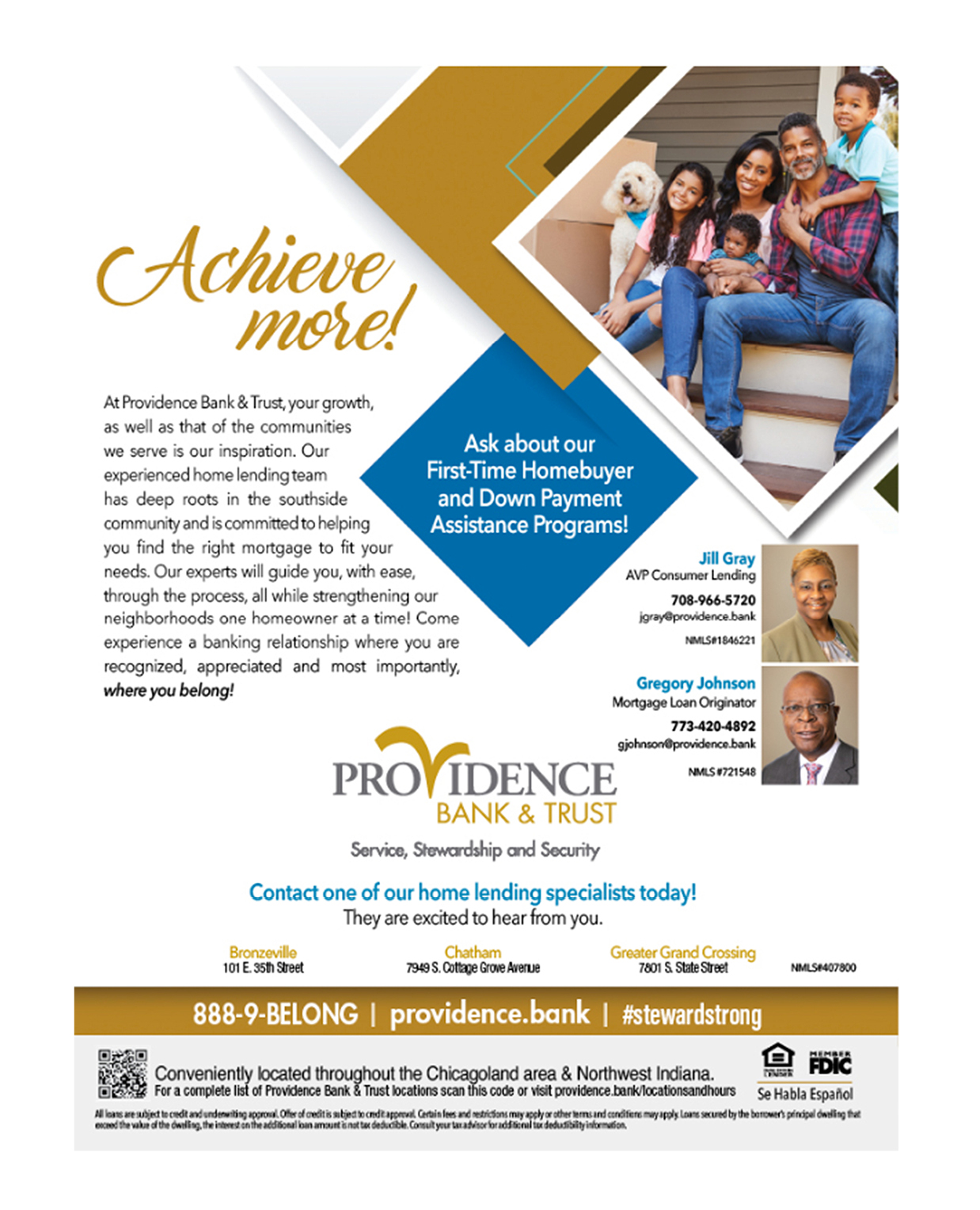Harold Pates warned me that his book was a scholarly book … that it wasn’t a “mystery novel;” meaning it wouldn’t be the kind of page-turner that you stay up to read in one setting, wondering how the story will end. He was right.
It’s not a mystery novel. But once you pick it up, it’s hard to put down. And I found myself reading some parts of it over and over.
The book is simply titled, EDUCATION, but the hard work of explaining its meaning is in the subhead: “A commentary on the importance of African identity in the struggle of African American people.” That’s volume 1. Volume 11, which is contained in the same work, is called, Pan African Ancestralism: Toward an African First World Social Theory – practical essay regarding the complexities of African identity in the midst of Western oppression. Pates states that in writing the book, he wants to make a distinction between education and schooling. He does that quite well. The other thing he does quite well is demonstrate that a scholarly work does not have to be boring or hard to read. He peppers his theory, not only with analogies and examples but as he explains in the preface, “The essay is punctuated by several personal vignettes that are examples of incidents that, because of racist practices, could have been life-threatening. Many of these incidents are representative of similar ones that historically caused deaths and incarceration of many African/Americans.” The personal vignettes are actually memories of his youth and earlier years, told in a short story format. The first such story, titled, “Being Taught the Terror of White Supremacy,” tells the tale of his being on vacation in Mississippi as a young boy, and asking a store clerk to return his nickel for an orange pop he had purchased, that turned out to be warm. Following the store owner’s threats, the observance of a shotgun hanging over the door, the boys ran away, but later noticed that one of their friends had disappeared. Returning to his grandmother’s house, she greeted him at the door and having been informed of “the ruckus they had caused at a white man’s store,” put them on the bus that same day to return to Chicago. Having been a former elementary and high school teacher, Pates takes education quite seriously. He feels that “Our being African American people, it’s not healthy for us to be reared in a process of education that is flavored by the presumption that
an identifiable group is inherently superior to us; so therefore, whatever “education” is, white supremacy tends to define its principles and characteristics.” Pates feels that because of this, African Americans are put in the position where we always have to argue that if anybody is a human being, we are also human, and there is no human that is superior to us.
Dr. Pates says that “Just as America says in order to be an American you have to be trained in democratic theory because America is a democracy. In this book, we say that a part of who we are is what our ancestors were, and one of the processes of American education is that it de-ancestralized African American people.” I Googled the word “de-ancestralized” and could not find it, so I imagine Dr. Pates should be credited with the creation of that word. It is such a useful word, and this book makes it so meaningful, that I feel it should have been part of the American vernacular many, many years ago when they tried to de-ancestralize us in so many ways. Dr. Pates thinks (and I agree) that there is a sociological illness whenever you disconnect people from their ancestors.
In reading the book, Dr. Pates advises that “You almost have to read a chapter, then stop and think about it, because you’ve been living in an out-of-body experience and very few of us have thought about the nature and character of not only the climate, but the nature and structure of what we call “education” and how it is imposed upon our children.”
I found myself reading a chapter, and putting it down and thinking about it. But I also found myself quickly picking it up again to savor what came next. It’s really an enjoyable, eye-opening read and Dr. Pates is not calling upon us to agree with every aspect of his theory, but only to think about education and ancestralization in ways that we have not thought of them before.
The bibliography within the book is priceless, as it lists so many important books, fiction and non-fiction, that have been written about African American history and the African American experience.
In the middle of the book is a beautiful poem, The Next Intermediate, which was written by Dr. Pates in 2000.
Along with the personal stories, the ancestral information, and the opportunity to look at who we are in a whole new way, I’d say this is a book that belongs on the bookshelf of every African American.

Membership Makes A Difference
Quarry Memberships allow you to support the continuation of the 75th Street Jazz Legacy and support the art and culture commitment of Real Men Charities Inc.
#FridayJazzattheQuarry returns this month, after the only Black-owned supper club experience was halted in AUGUST.
Please consider a membership, by visiting www.thequarrychi.com.
To donate to support Real Men Charities Inc.
cashapp $realmencharities or visit www.realmencharitiesinc.org







